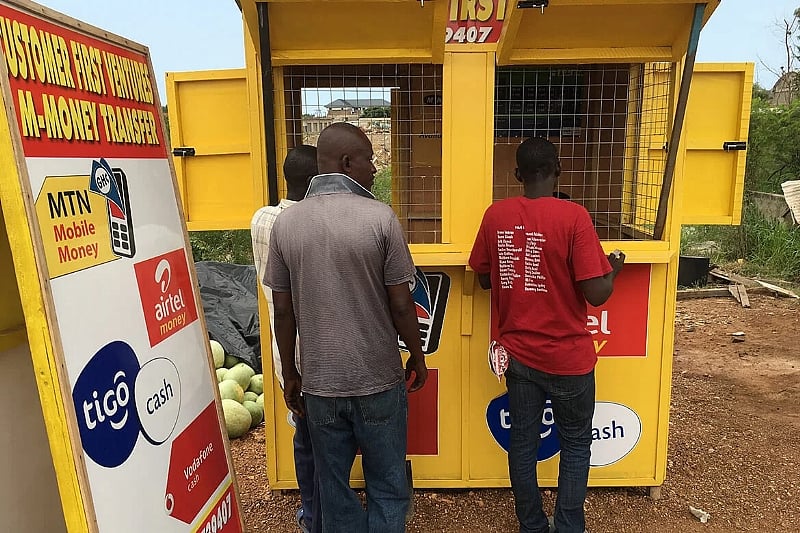Ghana’s burgeoning mobile money ecosystem stands as a testament to the transformative power of digital finance in Africa. While the sector boasts an impressive 74 million registered accounts, a closer look reveals a significant disparity: only 24 million of these accounts are actively used. This three-to-one ratio between registered and active accounts presents a compelling paradox. On one hand, it signifies the widespread reach of mobile money services across the country, penetrating even remote rural communities. On the other hand, it exposes a substantial untapped potential in terms of user engagement and transaction volume. Understanding the reasons behind this discrepancy is crucial for stakeholders aiming to maximize the benefits of this digital financial revolution.
Several factors contribute to this gap between registration and active usage. One prominent explanation is the prevalence of multiple account ownership. Individuals often register with different mobile money providers, attracted by varying promotions, fee structures, or network coverage. This practice inflates the total number of registered accounts while potentially diluting individual activity levels. Furthermore, infrequent usage by some consumers contributes to the disparity. Some individuals may register accounts primarily for receiving remittances or occasional payments, but don’t integrate mobile money into their daily financial routines. Finally, the now-repealed Electronic Levy (E-Levy), a tax on electronic transactions, likely deterred some users, particularly those conducting smaller transactions. The repeal of this controversial tax is expected to rejuvenate activity and encourage wider adoption, further bolstering the mobile money landscape.
Despite the gap in active accounts, the sheer volume of transactions paints a vibrant picture of the mobile money sector’s dynamism. In February 2025 alone, a staggering 698 million transactions were recorded, amounting to GHC316.23 billion. This translates to an average transaction value of approximately GHC450, highlighting the significant economic weight carried by this digital platform. This substantial increase from the GHC195.8 billion recorded in February 2024 underscores the rapid growth and adoption of mobile money for a wide range of financial transactions. From everyday purchases and remittances to business transactions and government payments, mobile money is increasingly becoming the preferred method of exchange, driving financial inclusion and empowering individuals and businesses alike.
The extensive network of mobile money agents plays a critical role in facilitating this digital financial revolution. Ghana boasts 896,000 registered agents, of which 411,000 are actively engaged in facilitating transactions. Similar to the account ownership pattern, a large difference exists, with 485,000 agents being inactive, potentially due to multiple registrations. These agents act as the crucial bridge between the digital and physical worlds, offering essential services such as cash-in and cash-out facilities, particularly in areas with limited access to traditional banking infrastructure. Their presence ensures that even remote communities can participate in the digital economy, fostering financial inclusion and contributing to economic growth.
The evolving digital economy in Ghana is inextricably linked to the growth of the mobile money sector. The sheer volume of transactions and the widespread agent network signal the increasing importance of mobile money in commerce, remittances, and daily financial activities. The sector’s impressive performance, with GHC3.0192 trillion in transactions in 2024 compared to GHC1.912 trillion in 2023, underscores its vital role in the national economy. By addressing the gap between registered and active users, stakeholders can further unlock the potential of mobile money to drive economic growth, improve financial inclusion, and empower individuals and businesses.
The repeal of the E-Levy marks a turning point for Ghana’s mobile money sector. By removing a key barrier to adoption and usage, the government has paved the way for increased activity and greater financial inclusion. This move is expected to further stimulate the sector’s growth, encourage innovation, and solidify mobile money’s position as a vital component of the national financial infrastructure. The future of Ghana’s digital economy hinges on the continued expansion and deepening of the mobile money ecosystem, and the proactive engagement of stakeholders to ensure that its transformative power reaches all segments of society.


